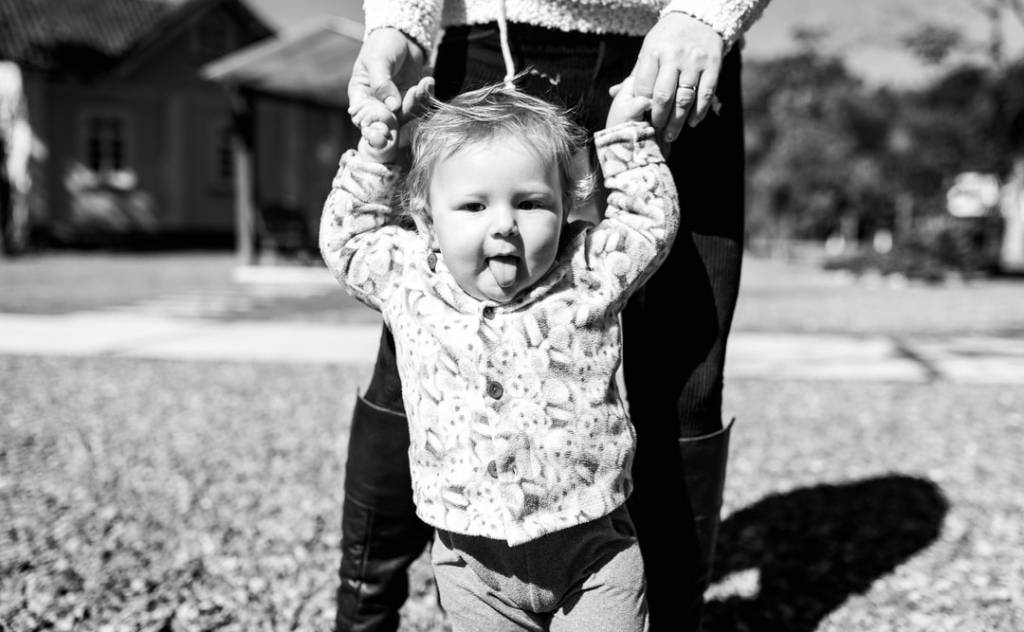Looking for... boys!

In the past in Messinia, and especially in Mani, the birth of a child affected the family to a great extent and in a different way than today.
The boy was called "child", thus, offering a special prestige to its sex. The birth of a boy meant the robustness of the family, since, growing up, he would help with the agricultural work by taking on the responsibilities of the house from an early age. On the contrary, the birth of a girl was translated into a financial burden since she would need a dowry, in order to get married.
So, imagine the anguish of parents who had one, two or even, in some cases, three daughters! The father, in the news of the birth of a son, would go to the cafes and would treat everyone present to drinks, while if a daughter was born, the wish that followed was: “It does not matter. Let’s hope she will be healthy".
The tradition of acquiring male offspring, who were considered to be pillars of the house, dates back to antiquity. Characteristic is the phrase of poet Euripides in his work Iphigenia in Taurus: "pillars of houses are male children". (verse 57).
Finally, girls were often given "deterrent" names such as Stamata, Stamatia, Agoritsa for obvious reasons ...




